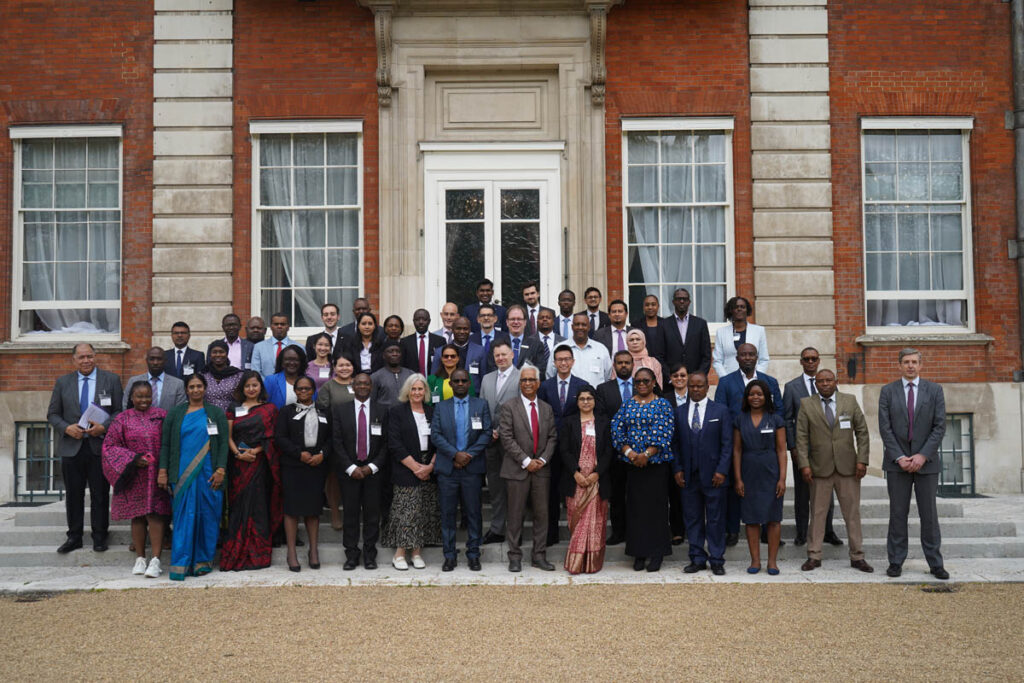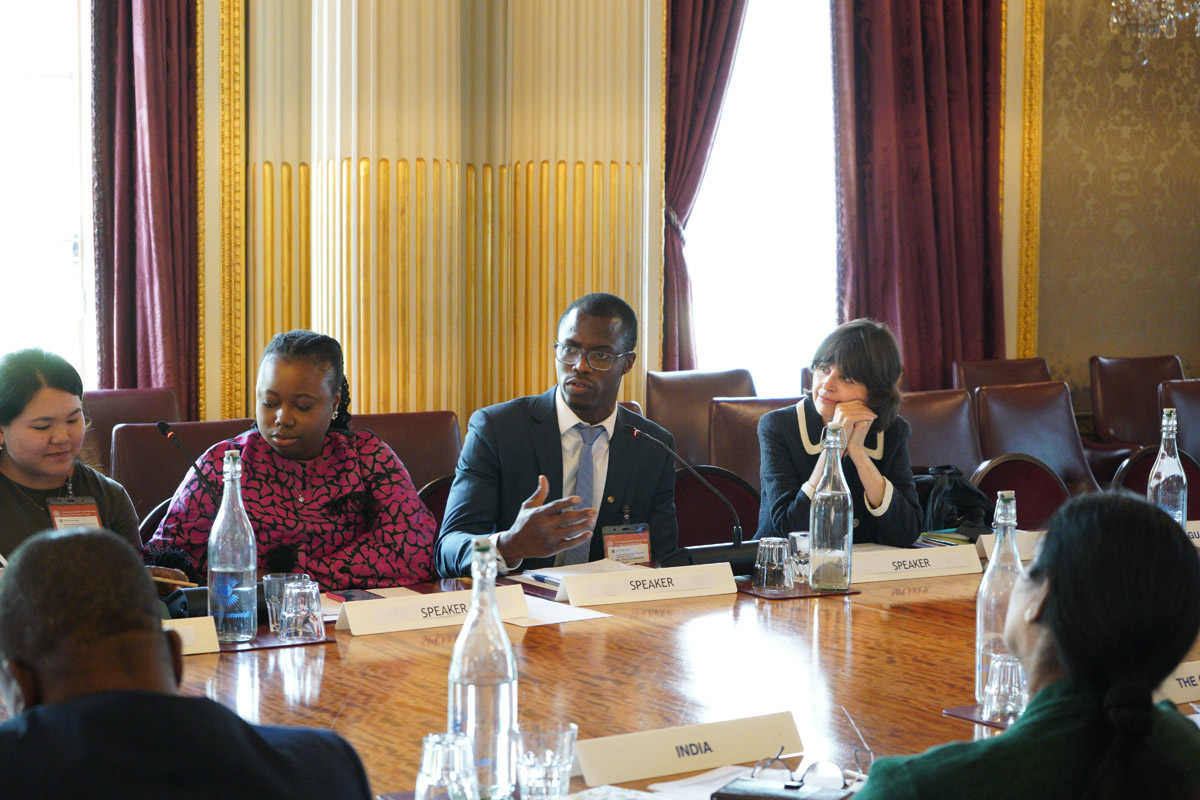Harnessing the Value of Young People in a Sustainable Energy Transition
June 23by CSET Youth
With the theme “Aligning Ambition and Action towards Implementing an Inclusive Energy Transition”, the 3rd Biennial Commonwealth Sustainable Energy Forum convened in London from May 24 – 26 2023. The forum sought to tackle the diverse and challenging landscape of the Commonwealth and the effort for transitioning to more sustainable energy systems, while recognising the importance of inclusive pathways that harness the value that young people bring to decision-making and implementation. Among the highlights was the youth-led session organised by the Commonwealth Sustainable Energy Transition Youth Action Group (CSET Youth), which underscored the critical role of youth in shaping the energy transition.
As part of their commitments under the Paris Agreement, Commonwealth member countries have set targets for decarbonising their energy systems and working towards a net-zero future. However, the global progress in achieving these targets has been slower than necessary, and various barriers hinder our collective efforts. The lack of human resources, technical expertise, and knowledge, along with limited access to global financing options, slow technology deployment, economic uncertainties for fossil fuel-dependent countries, and insufficient policy frameworks were identified as major obstacles to the transition.

The youth-led session was chaired by CSET Youth, a youth action group that was launched at the Commonwealth Heads of Government Meeting in Rwanda last year, under the Commonwealth Youth for Sustainable Urbanisation network. The dialogue also featured a distinguished panel, chaired by Dilys Teoh (CSET Youth Communications and PR Lead), with Baroness Kate Parminter, Chair of the Environment and Climate Change Committee in the House of Lords (United Kingdom); Christopher Chukwunta, Founder and Vice President of International Renewable Energy Systems (IRES) Inc.; and Oluwadabira Abiola-Awe, International Partnerships Associate for Student Energy, as speakers. This panel highlighted the immense potential of youth in driving behavioural change for climate action and emphasised their unique technical capabilities.
With children, young professionals and Commonwealth Scholars sitting alongside senior government officials from 30 Commonwealth member states for the first time at a Commonwealth Sustainable Energy Forum, the session served as a platform for an open and honest dialogue. Reflecting on challenges they faced as young professionals, government officials recalled familiar obstacles they experienced as youth, such as not feeling adequately skilled to get the opportunities they wanted, and not being heard – challenges that youth in the room recognise all too well.

During the session, the outcomes that emerged, shed light on crucial aspects of the energy transition:
- Effective Communication: Youth were encouraged to develop their soft skills and communicate effectively, in order to showcase their capacity and excellence to older generations, bridging the gap between generations and fostering collaboration.
- Policy Frameworks: The criticality of robust policy frameworks was underscored, with specific emphasis on policies for monetising new technology types like energy storage, and the need to create opportunities for policy amendments without impeding rapid legislation deployment. Furthermore, the importance of youth inclusion, such as implementing cross-party Youth Engagement Panels, was also highlighted.
- Awareness and Capacity Building: The session emphasised the role of awareness and capacity building in driving behavioural and cultural change, emphasising the need for systems and structures to provide training and upskilling opportunities.
- Financial and Economic Knowledge: Recognising the significance of financial and economic knowledge, participants emphasised the need for mixed financing structures and the development of financial literacy to support the energy transition.
The youth-led session proved to be an integral part of the Commonwealth Sustainable Energy Forum. It showcased the potential of youth as disruptors, innovators, and agents of change in accelerating the sustainable energy transition. CSET Youth also unveiled new opportunities for youth involvement across the Commonwealth, such as the Children and Youth Challenge, which aims to harness youth-led innovations to drive the sustainable energy transition at the local level.
The 3rd Biennial Commonwealth Sustainable Energy Forum successfully emphasised the importance of youth engagement and their contributions to achieving a sustainable energy transition. The youth-led session organised by CSET Youth served as a platform for meaningful dialogue and generated key actions, recommendations, and outcomes. By recognising the indispensable partnership with youth, Commonwealth member states renewed their commitment to an inclusive energy transition and gained a valuable partner in CSET Youth to support their transition journeys.
CSET Youth is an impact-driven network of young people from across the Commonwealth, committed to empowering youth of the Commonwealth to support, contribute to, and advocate for a sustainable energy transition.




